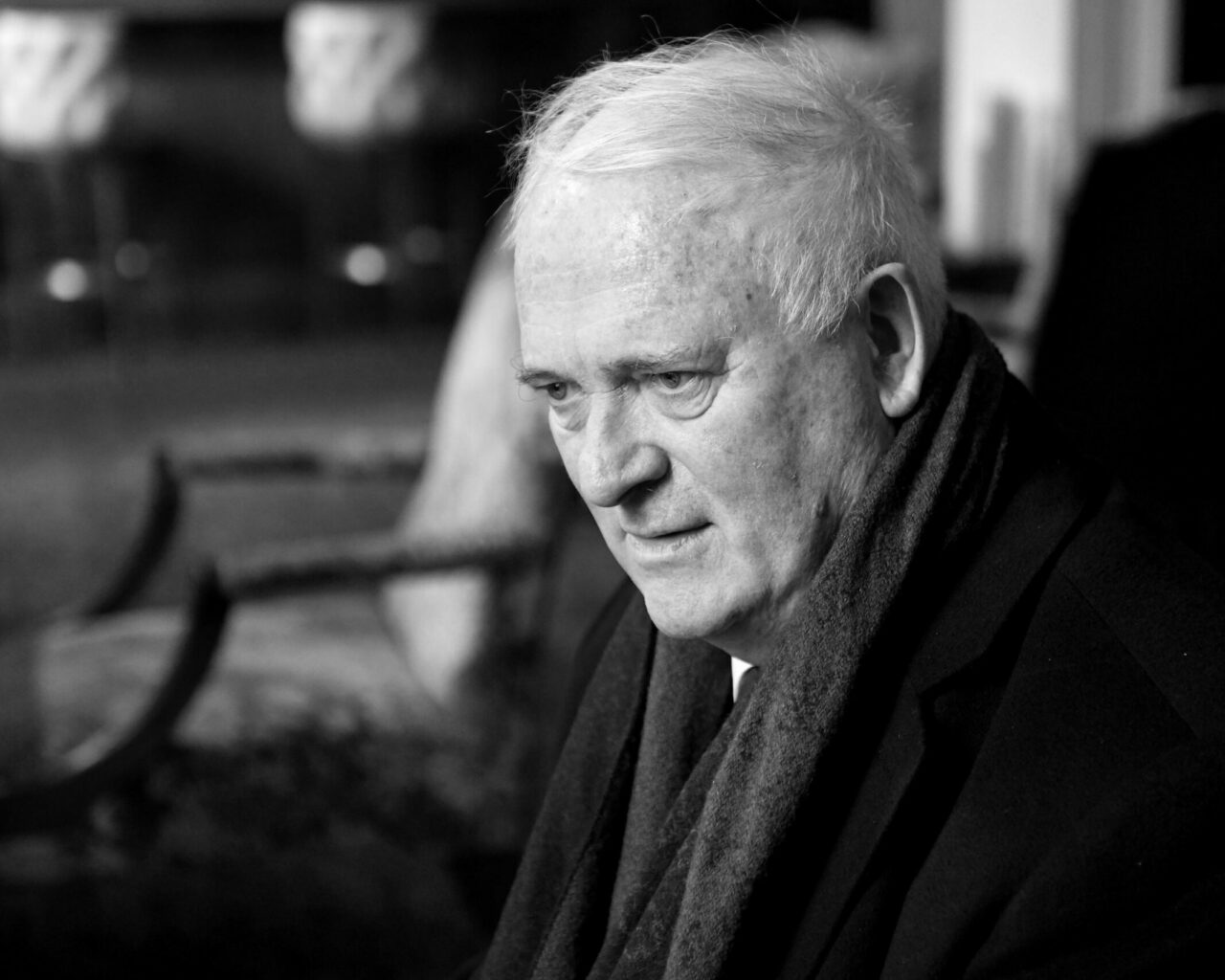In 2010, in the depths of the economic crisis, Dublin’s standing as a global financial centre had hit the floor. Private groups lobbied the now-defunct Department of the Taoiseach’s IFSC Clearing House Group to appoint a high-profile figure with a contacts book that could open doors to potential global investors. The role of IFSC czar was born. The former Taoiseach and EU ambassador to the United States, John Bruton, was hired to travel from Hong Kong to the Gulf to find out what policy and legislative changes were needed to put Dublin on the financial services map. A decade on,…
Cancel at any time. Are you already a member? Log in here.
Want to read the full story?
Unlock this article – and everything else on The Currency – with an annual membership and receive a free Samsonite Upscape suitcase, retailing at €235, delivered to your door.

